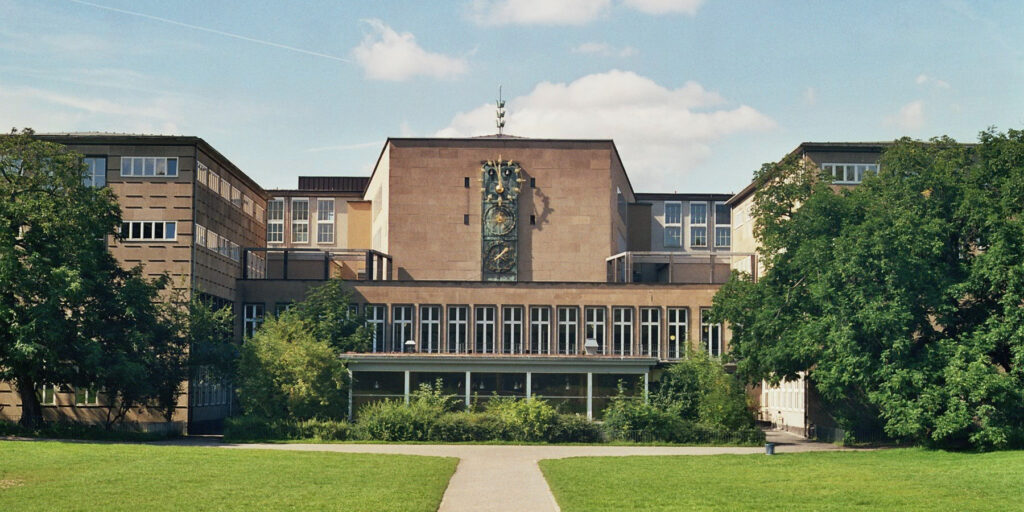Peer counselling to support the transition from school to work for young persons with deafblindness in Germany
For many young people, the transition from school to working life is impeded by two essential challenges. Firstly, there is a lack of deafblind adult role models. As the majority of young persons with deafblindness grow up in hearing families, they typically struggle to overcome barriers in a hearing and visually-orientated environment. Secondly, young persons with deafblindness may have to cope with emotional challenges and identity issues, which are often inadequately tackled by the formal support programmes offered by organisations.
This project (funded by the German Federal Ministry of Labour and Social Affairs and undertaken by the Universities of Cologne and RWTH-Aachen) promotes the integration and reintegration of young persons with deafblindness into the labour market via the support of peer counselling. Successfully included adults with deafblindness are selected as mentors and receive training to become peer counsellors. The mentors are then ’matched’ with young persons with deafblindness (mentees). During the peer counselling sessions, the mentor helps his or her mentee to acknowledge their personal situation and empower them to follow identified career pathways. A key element of the programme is developing people’s self-confidence and independence. The process is supported and monitored by professional coaches. The mentors also signpost young people to relevant opportunities and support, and share their own experiences to inspire and motivate.

